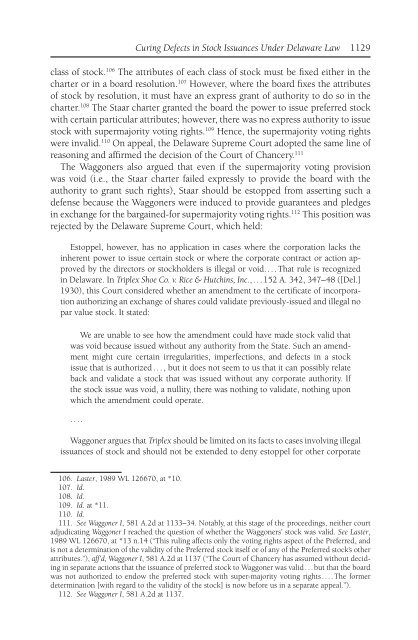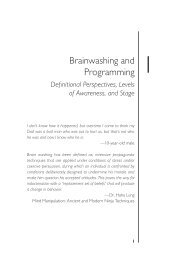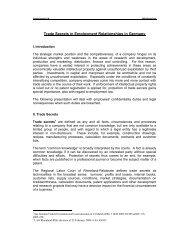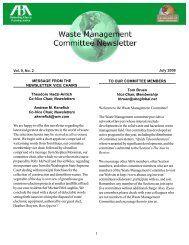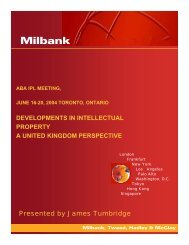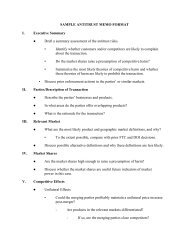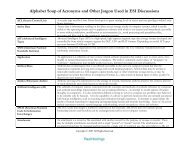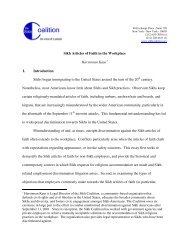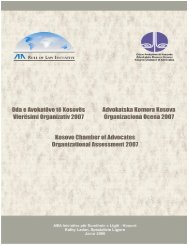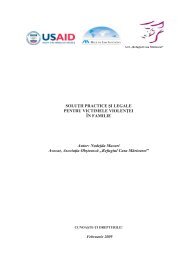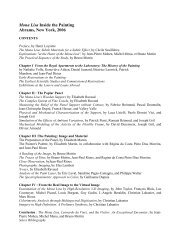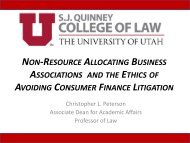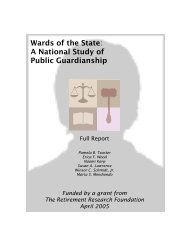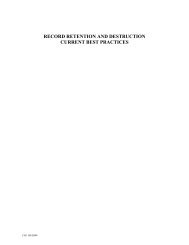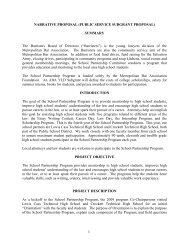Curing Defects in Stock Issuances - American Bar Association
Curing Defects in Stock Issuances - American Bar Association
Curing Defects in Stock Issuances - American Bar Association
Create successful ePaper yourself
Turn your PDF publications into a flip-book with our unique Google optimized e-Paper software.
<strong>Cur<strong>in</strong>g</strong> <strong>Defects</strong> <strong>in</strong> <strong>Stock</strong> <strong>Issuances</strong> Under Delaware Law 1129<br />
class of stock. 106 The attributes of each class of stock must be fi xed either <strong>in</strong> the<br />
charter or <strong>in</strong> a board resolution. 107 However, where the board fi xes the attributes<br />
of stock by resolution, it must have an express grant of authority to do so <strong>in</strong> the<br />
charter. 108 The Staar charter granted the board the power to issue preferred stock<br />
with certa<strong>in</strong> particular attributes; however, there was no express authority to issue<br />
stock with supermajority vot<strong>in</strong>g rights. 109 Hence, the supermajority vot<strong>in</strong>g rights<br />
were <strong>in</strong>valid. 110 On appeal, the Delaware Supreme Court adopted the same l<strong>in</strong>e of<br />
reason<strong>in</strong>g and affi rmed the decision of the Court of Chancery. 111<br />
The Waggoners also argued that even if the supermajority vot<strong>in</strong>g provision<br />
was void (i.e., the Staar charter failed expressly to provide the board with the<br />
authority to grant such rights), Staar should be estopped from assert<strong>in</strong>g such a<br />
defense because the Waggoners were <strong>in</strong>duced to provide guarantees and pledges<br />
<strong>in</strong> exchange for the barga<strong>in</strong>ed-for supermajority vot<strong>in</strong>g rights. 112 This position was<br />
rejected by the Delaware Supreme Court, which held:<br />
Estoppel, however, has no application <strong>in</strong> cases where the corporation lacks the<br />
<strong>in</strong>herent power to issue certa<strong>in</strong> stock or where the corporate contract or action approved<br />
by the directors or stockholders is illegal or void. . . . That rule is recognized<br />
<strong>in</strong> Delaware. In Triplex Shoe Co. v. Rice & Hutch<strong>in</strong>s, Inc., . . . 152 A. 342, 347– 48 ([Del.]<br />
1930), this Court considered whether an amendment to the certifi cate of <strong>in</strong>corporation<br />
authoriz<strong>in</strong>g an exchange of shares could validate previously-issued and illegal no<br />
par value stock. It stated:<br />
We are unable to see how the amendment could have made stock valid that<br />
was void because issued without any authority from the State. Such an amendment<br />
might cure certa<strong>in</strong> irregularities, imperfections, and defects <strong>in</strong> a stock<br />
issue that is authorized . . . , but it does not seem to us that it can possibly relate<br />
back and validate a stock that was issued without any corporate authority. If<br />
the stock issue was void, a nullity, there was noth<strong>in</strong>g to validate, noth<strong>in</strong>g upon<br />
which the amendment could operate.<br />
. . . .<br />
Waggoner argues that Triplex should be limited on its facts to cases <strong>in</strong>volv<strong>in</strong>g illegal<br />
issuances of stock and should not be extended to deny estoppel for other corporate<br />
106. Laster, 1989 WL 126670, at *10.<br />
107. Id.<br />
108. Id.<br />
109. Id. at *11.<br />
110. Id.<br />
111. See Waggoner I, 581 A.2d at 1133–34. Notably, at this stage of the proceed<strong>in</strong>gs, neither court<br />
adjudicat<strong>in</strong>g Waggoner I reached the question of whether the Waggoners’ stock was valid. See Laster,<br />
1989 WL 126670, at *13 n.14 (“This rul<strong>in</strong>g affects only the vot<strong>in</strong>g rights aspect of the Preferred, and<br />
is not a determ<strong>in</strong>ation of the validity of the Preferred stock itself or of any of the Preferred stock’s other<br />
attributes.”), aff’d, Waggoner I, 581 A.2d at 1137 (“The Court of Chancery has assumed without decid<strong>in</strong>g<br />
<strong>in</strong> separate actions that the issuance of preferred stock to Waggoner was valid . . . but that the board<br />
was not authorized to endow the preferred stock with super-majority vot<strong>in</strong>g rights . . . . The former<br />
determ<strong>in</strong>ation [with regard to the validity of the stock] is now before us <strong>in</strong> a separate appeal.”).<br />
112. See Waggoner I, 581 A.2d at 1137.


